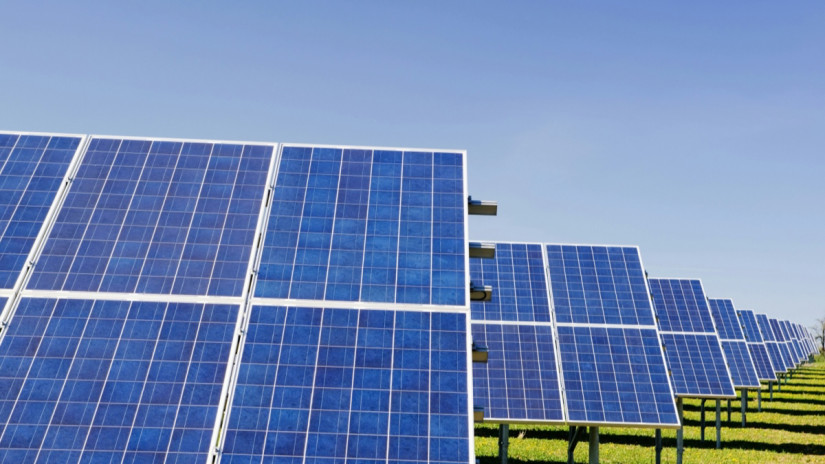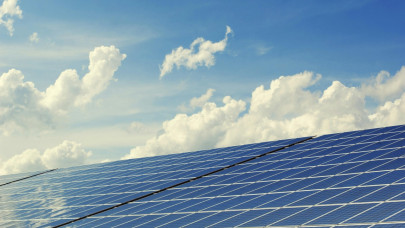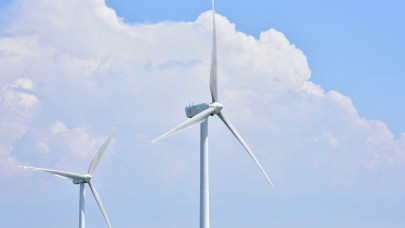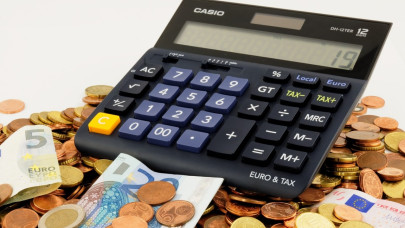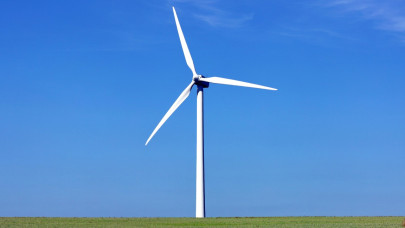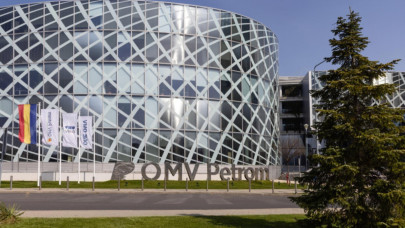The slowdown follows the solar boom triggered by the energy crisis, as energy bills normalize and urgency wanes. Developers face challenges like grid bottlenecks and fewer incentives. Residential rooftop solar installations are particularly impacted, with a 5GW decline from 2023 to 12.8GW in 2024. Countries such as the Netherlands, Germany, and Italy saw notable decreases, partly due to policy changes like the phaseout of net metering.
Half of the EU's top 10 solar markets, including Spain, Poland, and Austria, saw declines in capacity additions. The Netherlands experienced the steepest drop of 1.8GW. However, France recorded the largest growth, adding 1.5GW. Germany remains the largest market with 16.1GW added, followed by Spain (9.3GW) and Italy (6.4GW).
Walburga Hemetsberger, CEO of SPE, called the report a “yellow card” for European policymakers, warning that slowing solar deployment jeopardizes energy security and climate goals. To meet the 2030 target of 750GW, Europe must install 70GW annually—far above the current pace.
Looking ahead, SPE predicts modest single-digit growth of 3-7% annually through 2028, potentially reaching 816GW by 2030. However, the association cautions that Europe risks falling 100GW short if corrective actions are not taken.

